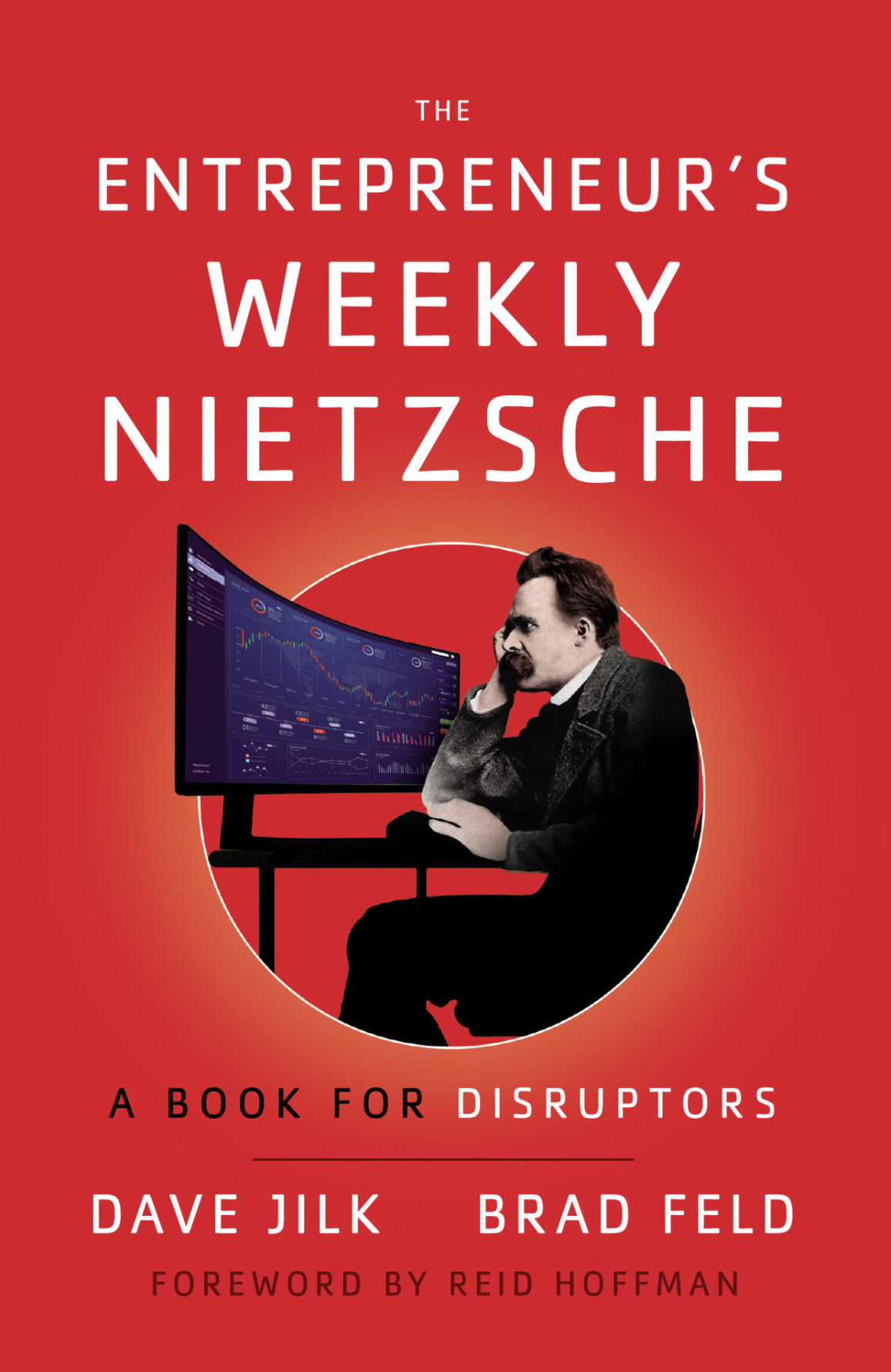Make Covenants, Not Contracts
Great ideas come from unexpected places.
I recently had the opportunity to meet a fascinating group of young pastors who are applying a complex systems approach to a new congregation they founded. Dissatisfied with the top-down, command-and-control structure of the churches they had previously been a part of, these young innovators created something better—a system based on a decentralized network, on communal governance, and on trust, reciprocity, and fulfilling commitments.
This should sound familiar to you members of the church of startup communities, which in my view, can be best understood through the prism of the complex systems framework. In such systems, we focus on cultivating the right environment, on improving the interactions between the individual elements (ie, people) rather than focusing on the elements themselves, a governance structure that adheres to non-control, and a set of virtuous informal norms and rules.
As we were discussing various approaches and challenges to organizing a modern religious community and a startup community through this belief system—which have a lot in common, by the way—I brought up the notion of social capital, and how that in order for “transactions” to take place in a startup community, one must agree to a broad-based informal “contract” that everyone adheres to. Critically, this takes place between each individual and the community as a whole.
That’s when one of my new friends turned to me and said: “I think about that as the difference between contracts and covenants.” This is a powerful distinction that is important for participants in startup communities to embrace.
Contracts, in their purest form, are specified agreements for two parties to fulfill a particular set of promises. If one party breaks that agreement, the contract is broken—freeing the other party of their obligations. Contracts establish a give-and-take relationship that is institutionalized and conditional.
Covenants, on the other hand, appeal to a cause that is greater than any mutual exchange. In a covenant, if one party breaks his or her obligations, it does not permit the other to do the same. Why? Because an oath is not really about the other person anyway—it is an appeal to our higher nature and a commitment to serving the greater good.
Contracts are transactional. Covenants are committal.
As I was kicking around this idea in my head, I stumbled upon an interesting blog post that was discussing the concept of covenants and contracts, and drew the link between the notion of covenants and a sacred document in the founding of the United States—the Declaration of Independence. Rather than summarize that analogy, I’ll just copy and paste some of that text here.
The Declaration of Independence was signed by 56 men who all understood they were committing high treason against the British government when they signed the document. Benjamin Franklin famously highlighted that reality at the time, “We must all hang together, or assuredly we shall all hang separately.”
The concluding sentence of the Declaration states “And for the support of this Declaration, with a firm reliance on the protection of divine Providence, we mutually pledge to each other our Lives, our Fortunes and our sacred Honor.”
To the signers it didn’t matter if any one of their confederates broke or switched sides. They were still committed to their course of action regardless, even if it cost them their lives.
I am not a religious person, nor a scholar of laws nor American history, so I am probably way out over my skis here. But the point I want to make is an important one for startup community participants to embrace—make covenants, not contracts. Don’t be conditional in your actions of service. Do what is right because it is right. Make a commitment to your community regardless of what it gives you in return. In the end, you will gain more anyway.
Also published on Medium.








